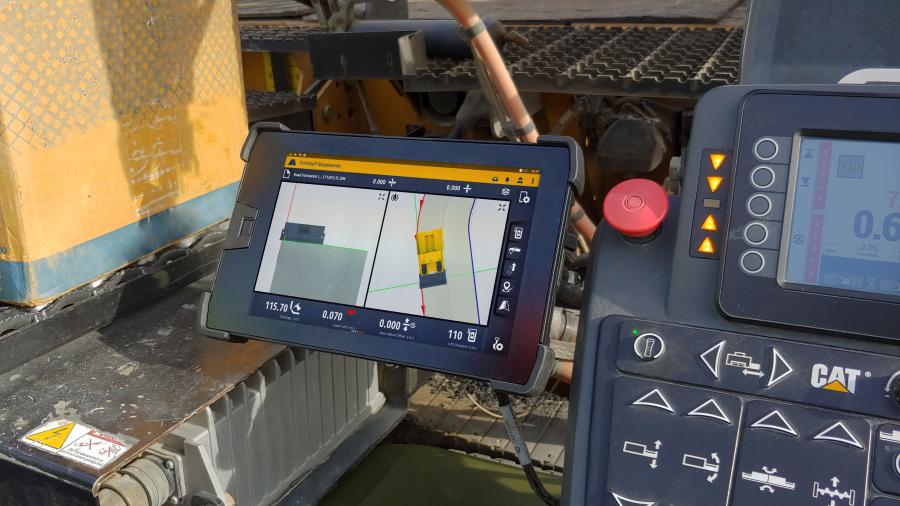Modern paving companies use new technology to deliver top-quality services by integrating advanced systems that streamline operations and boost efficiency. These innovations are transforming how road maintenance and construction are planned, executed, and monitored, ensuring durability, precision, and customer satisfaction.
One major advancement is the adoption of cloud-based management systems. These tools allow paving companies to efficiently oversee projects, track progress, and optimize resource allocation in real time. The result is enhanced decision-making and faster response to on-site challenges, which significantly improves service quality and reduces downtime.
Predictive analytics is another game-changer. By analyzing data trends such as traffic patterns, weather conditions, and material performance, paving companies can anticipate potential maintenance needs before issues arise. This proactive strategy reduces costly repairs, extends infrastructure lifespan, and allows work to be scheduled during off-peak hours, minimizing disruption to road users.
Machine learning plays a crucial role in refining these predictive capabilities. Algorithms process large datasets to identify patterns and forecast future maintenance requirements with high accuracy. This enables companies to develop maintenance strategies that consider both short-term repairs and long-term sustainability, resulting in better resource utilization and cost-effective service delivery.
Real-time data collection through embedded road sensors further enhances service quality. These sensors provide immediate insights into pavement health, helping teams identify minor damages early and respond quickly to prevent them from worsening. Real-time insights also support dynamic scheduling, allowing projects to proceed with minimal impact on traffic and surrounding communities.
Mobile applications and cloud platforms are revolutionizing communication and collaboration on job sites. Field crews, supervisors, and project managers can share updates instantly, monitor equipment usage, track materials, and adjust plans in response to unexpected conditions such as weather changes. This level of connectivity ensures smoother workflows, on-time completion, and adherence to high-quality standards.
Looking ahead, paving companies are expected to adopt even more advanced technologies such as AI-powered systems and smarter sensors. These tools will offer greater accuracy and operational insights, strengthening their ability to deliver sustainable, high-performance infrastructure.
By embracing innovation, paving companies are not only improving service quality but also setting new industry standards. Their technological edge positions them to meet the growing demands of modern urban development and maintain their competitive advantage in a rapidly evolving sector.

